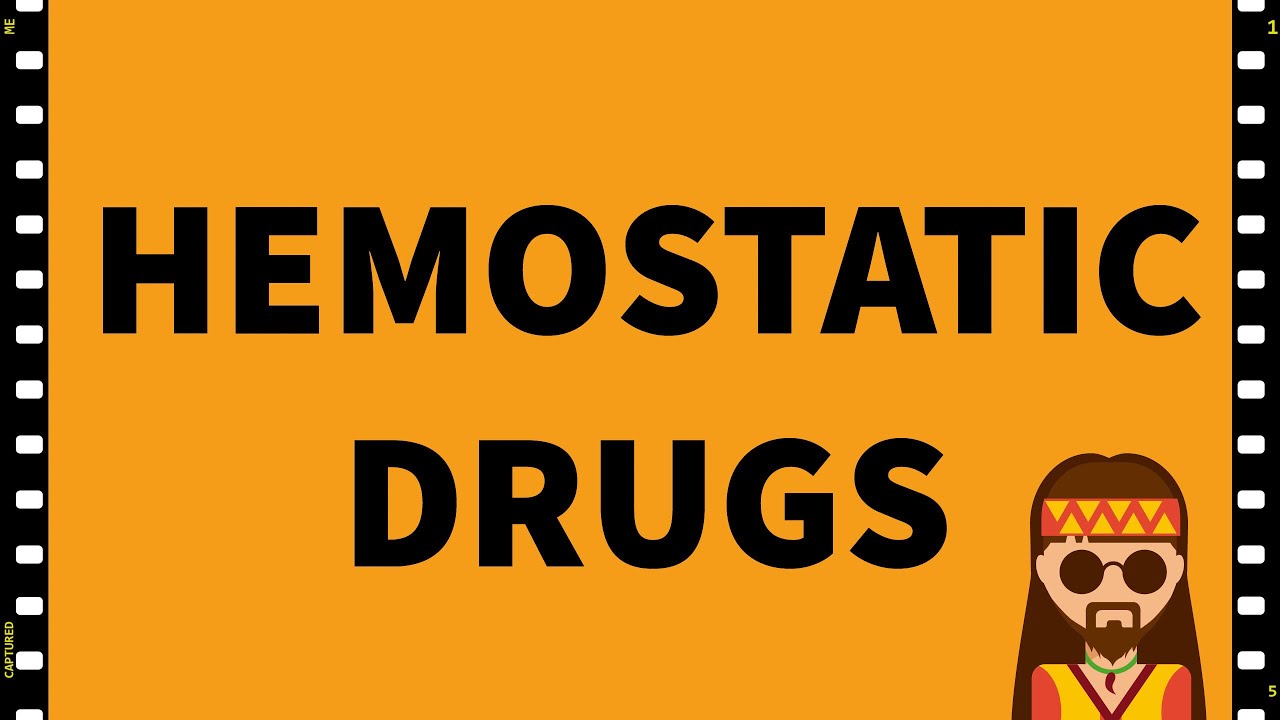
Pros and Cons Unchecked: Examining Check Benefits
In the landscape of productivity tools, the checklist often takes center stage, celebrated for its ability to streamline tasks and enhance efficiency. However, amidst its acclaim, the nuanced benefits of the check often go unnoticed by Check Pros. To truly understand its prowess, one must delve deeper into the uncharted territories—the pros and cons unchecked—of this seemingly simple yet powerful tool.
The check, in its essence, embodies structure and organization. It’s a visual representation of tasks waiting to be accomplished. Yet, beyond its apparent functionality lies a plethora of advantages often overshadowed by its simplicity.
One of the standout benefits lies in the check’s ability to mitigate forgetfulness and errors. Human memory is fallible, subject to lapses and oversights. However, the Check Pros serves as an external memory aid, alleviating the burden on our cognitive faculties. It acts as a reliable companion, ensuring that crucial tasks aren’t left to chance or memory alone.
Moreover, the act of physically ticking off completed tasks brings a sense of accomplishment. This psychological boost isn’t just momentary; it cultivates a sense of progress and motivation. Each checkmark becomes a tangible representation of success, fostering a positive feedback loop that encourages further productivity.
However, within the realm of unchecked lists lie the potential drawbacks. Over-reliance on checks can sometimes lead to rigidity and tunnel vision. The rigidity emerges when individuals become overly fixated on completing tasks as per the checklist, potentially overlooking alternate, more efficient approaches. Tunnel vision restricts creativity and adaptability, hindering the exploration of uncharted territories.
Additionally, unchecked lists may create a false sense of security. Incomplete tasks, especially when left unattended for extended periods, might slip through the cracks, leading to delays or oversights. This dependence on the checklist’s completeness can sometimes backfire, fostering a sense of complacency that hampers overall productivity.
However, the beauty of the check lies in its adaptability. By acknowledging these potential pitfalls, individuals can wield the Check Pros as a versatile tool, balancing its advantages with proactive strategies to mitigate its downsides.
To maximize the benefits of the check, it’s crucial to strike a balance—a harmony between structure and flexibility. Embracing its advantages while remaining mindful of its limitations empowers individuals to harness its full potential.
In conclusion, the unchecked realm of pros and cons within the domain of checklists sheds light on the multifaceted nature of this tool. While its benefits are substantial—enhanced productivity, organization, and motivation—it’s essential to navigate the unchecked territories with caution, acknowledging and addressing potential pitfalls. By doing so, individuals can harness the true power of the check, leveraging its strengths while mitigating its drawbacks, thereby maximizing its effectiveness as a catalyst for productivity and success.




